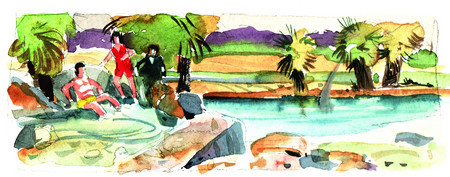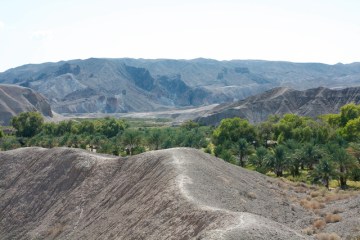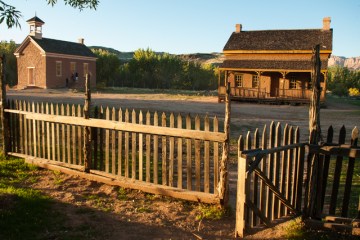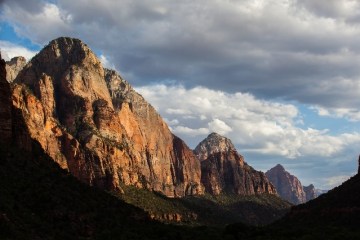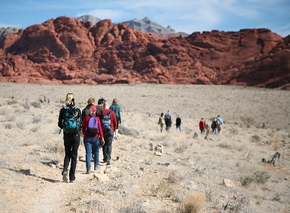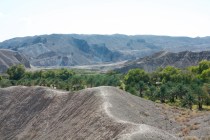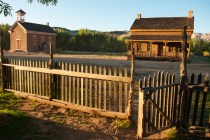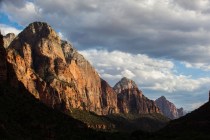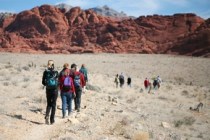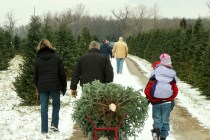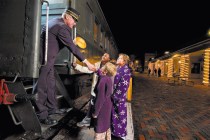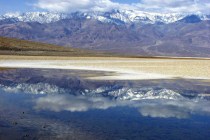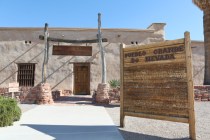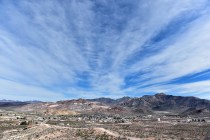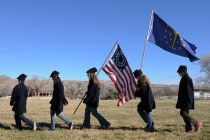Rogers Spring a scenic natural oasis
A delightful cool-season destination, Rogers Spring in Lake Mead National Recreation Area provides opportunities for picnicking, hiking and exploration. The natural oasis features a shallow pool fed by a warm spring shaded by palms, tamarisk and other vegetation. The overflow creates a meandering creek that heads toward Lake Mead. A few hundred yards distant, tiny Blue Point Spring supports more trees and marshy undergrowth.
Use the scenic Northshore Road in the Lake Mead backcountry to reach Rogers Spring, a drive of about 70 miles through beautiful desert landscapes with expansive views of the lake and dark, rugged hills. Access the Northshore Road, Highway 147, either from North Las Vegas on Lake Mead Boulevard or from Henderson using Lake Mead Parkway. Expect to pay a $5 entrance fee, waived if you hold one of several national park passes.
Look for the turnoff sign to Rogers Spring on the west side of the highway between the exit to Echo Bay and the road to Overton Beach. A short spur road leads to a parking lot where the park service maintains trash receptacles and pit toilets. A connecting side road takes visitors to Blue Point Spring.
Bring your picnic supplies the short distance from the parking area to one of several picnic tables nestled in the shade around the pond at Rogers Spring. Blue Point Spring offers a smaller picnic area. Bring plenty of drinking water, at least a gallon per person. Picnic sites include grills, but you must bring wood or charcoal from home. Plan for an early arrival, particularly on weekends and holidays. No fees apply at Rogers Spring, open year-round from sunrise to 10 p.m. No overnight use is allowed.
The largest of several warm water springs along a fault line, Rogers Spring discharges 1,000 gallons per minute, constantly refreshing the water in the pool and feeding the stream running toward Lake Mead. Scientists believe the water originates high in the mountains near Ely, 250 miles north, becoming part of an expansive aquifer in eastern Nevada and western Utah. Plans for ground water pumping by Southern Nevada water interests could have consequences at remote water sources such as Rogers and Blue Point Springs.
For thousands of years, people of prehistory would have found the water bubbling to the surface welcome as they paused while on hunting or food gathering forays. Although no signs of permanent habitation from ancient times exist at the springs, the likelihood remains that ancient cultures visited the spot. For many centuries, the nearby Muddy River Valley supported a substantial population of native people who built pueblo-style villages near irrigated fields. They mined salt to trade far and wide for goods they didn't make themselves.
Centuries after the people of prehistory abandoned their villages, a new culture rediscovered the springs. Rogers Spring became a popular leisure destination for Mormon pioneers who first colonized the area in the late 1800s, settling communities such as Logandale, Overton and St. Thomas.
In the 1930s, Rogers Spring received the benefit of work by the Civilian Conservation Corps, which built a small dam to deepen the pond for swimming, constructed picnic tables and erected sun shades, improvements enjoyed by Southern Nevadans for several decades thereafter.
By the time the National Park Service acquired the site in the 1970s, Rogers Spring again needed attention. Rowdy visitors smashed bottles against the dam, making swimming and wading hazardous. The park service dismantled the old dam, cleaned up the debris and turned the pool into a shallow pond, since there would never be a lifeguard onsite for swimmers. Today, signs warn waders of a potentially dangerous parasite common to warm springs in our area. Many visitors stay out of the area, contenting themselves with peaceful views. Those who sit long enough see shy wild creatures and birds lured by the setting.
Those wanting to explore follow the route of the little creek or climb to a vantage point above Rogers Spring. Look for the trailhead to the right of the bridge across the creek. The short trail climbs about 100 feet above the spring.
Margo Bartlett Pesek's column appears on Sundays.



